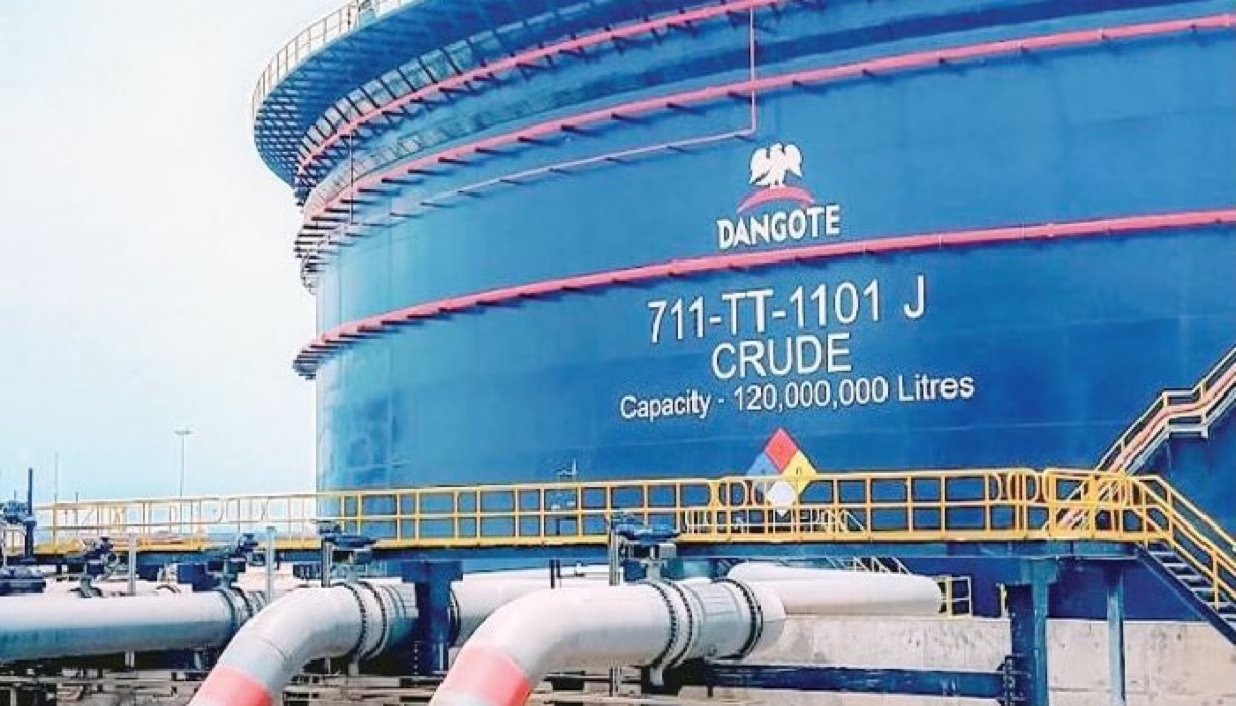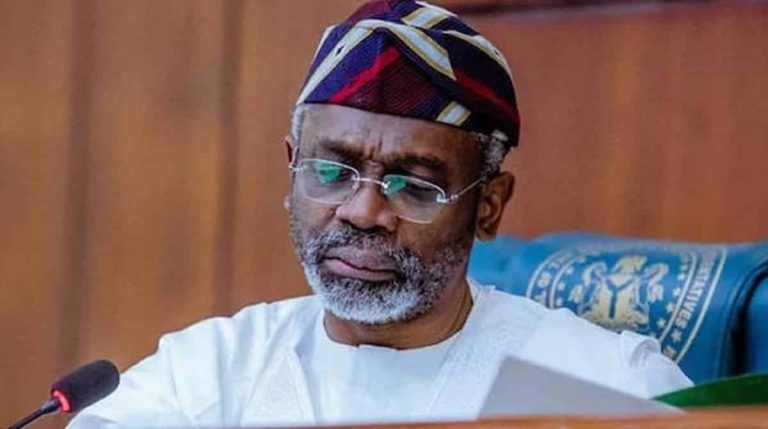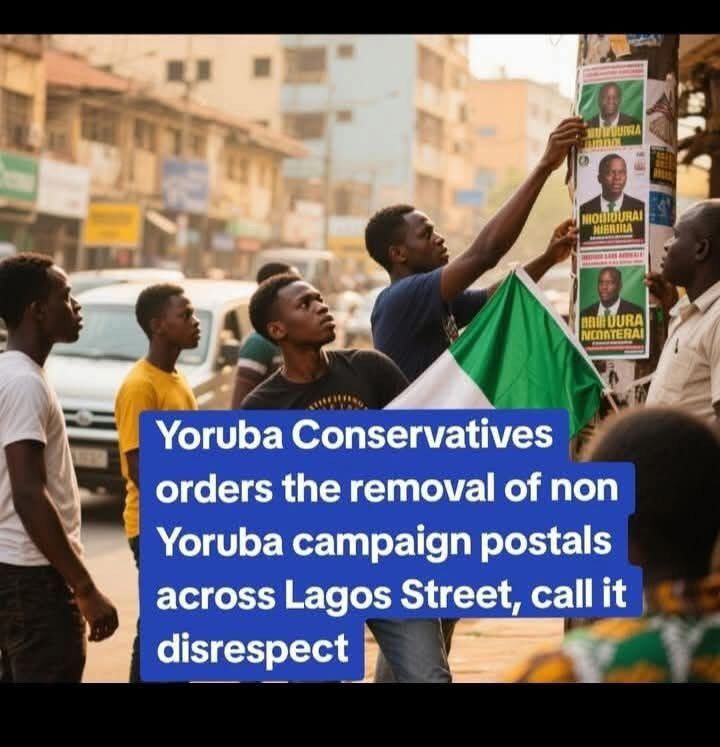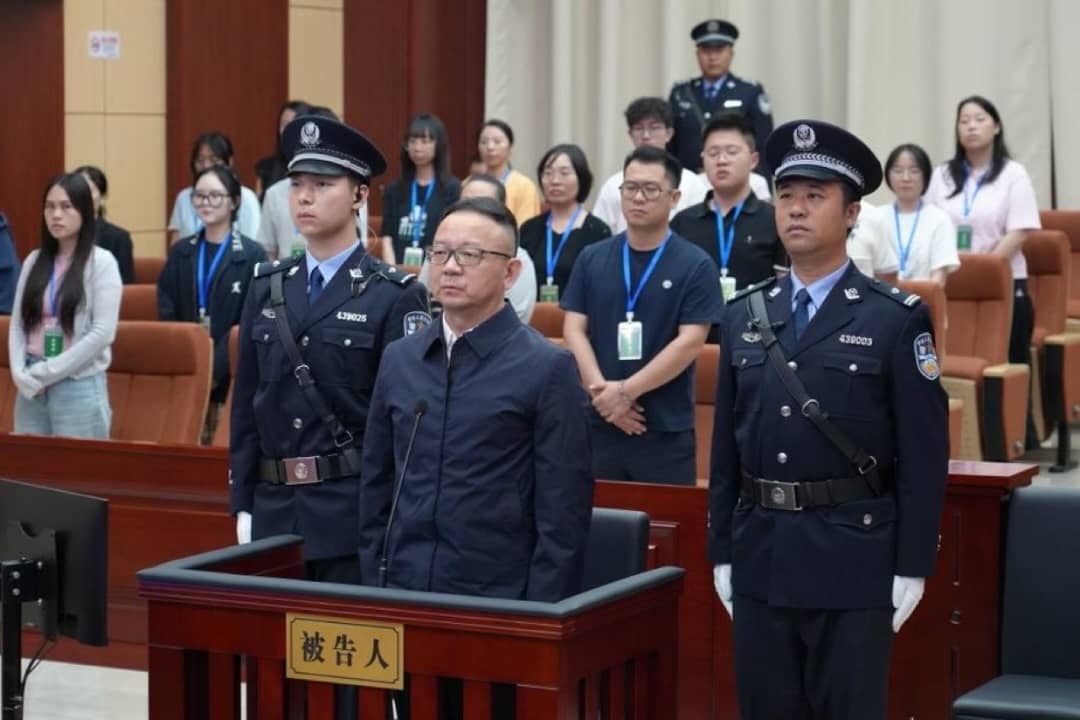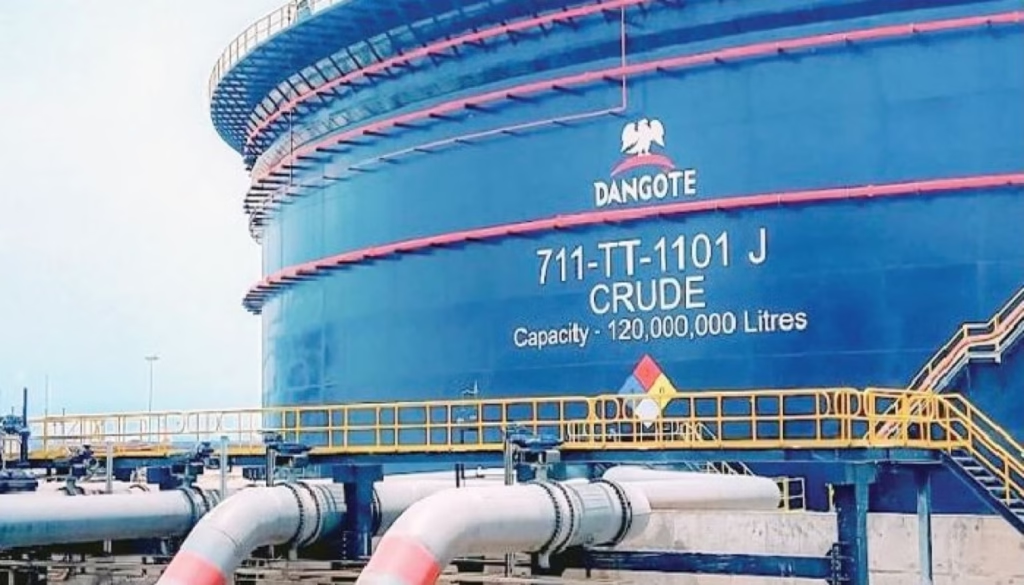
The Dangote Petroleum Refinery in Lagos is undergoing enhancements to increase its production capacity from 650,000 barrels per day to 700,000 barrels per day.
Apparently, This is part of efforts to enhance production and meet the energy demands across Nigeria and Africa.
This was revealed by the President of Dangote Group, Alhaji Aliko Dangote, during a recent tour of the multi-billion-dollar facility in the Lekki Free Trade Zone.
He noted that the expansion, which is expected to be completed by the fourth quarter of 2025, is part of ongoing modifications aimed at optimising the refinery’s operations.
While the refinery is not yet running at full capacity due to these upgrades, Dangote expressed confidence that the project is on track to surpass its initial design capacity.
“Our RFCC (Residue Fluid Catalytic Cracking unit) is at 85 per cent. We are not up to 100 per cent because there are some modifications we are doing.
They will be completed by the end of the year, and we believe we will get to 700,000 bpd,” he said.
The RFCC is a key unit in petroleum refining that converts heavy feedstocks into more valuable, lighter products like petrol, diesel, and LPG. Dangote added that while the RFCC is still ramping up, several other components of the refinery are already operating at full capacity, with some even exceeding expectations at 145 per cent performance.
Dangote also disclosed that the refinery recently sourced a significant portion of its crude oil supply from the United States, purchasing about 19 million barrels between June and July 2025.
He noted that 10 million barrels were acquired in July alone, accounting for approximately 55 per cent of the refinery’s current crude needs.
Reflecting on the challenges of building the $20 billion refinery, Dangote admitted that the project was more demanding than initially anticipated. “People think building a refinery is like building a house.
If I had known the difficulties involved, I wouldn’t have started. But we’ve proven that nothing is impossible,” he said.
He revealed that the idea of constructing a privately owned refinery came after a failed attempt to acquire government-owned facilities during the administration of late President Umar Musa Yar’Adua in 2007.
The experience, he said, strengthened his resolve to make Nigeria and Africa more self-reliant in energy production.
Highlighting the broader implications of the refinery, Dangote pointed out that most African countries depend heavily on imported petroleum products, with only Algeria and Libya achieving self-sufficiency.
“In Africa, apart from Algeria and Libya, technically everybody is an importer,” he noted.
He also criticised the role of foreign interests in undermining local industries across Africa. “If you go to Lome, you’ll see the number of ships they use that to attack all industries in sub-Saharan Africa. Even in South Africa, only one refinery is still operating,” he said.
Despite the hurdles, Dangote affirmed his commitment to pushing through and delivering a project he believes will transform the continent’s energy landscape.
Will this reduce the price of Fuel in Nigeria?
Potentially, yes. Boosting Dangote’s capacity to 700k bpd could cut import reliance, lowering costs if local crude is used efficiently. But prices depend on global oil rates, naira value, and policies—recent ex-depot at N880/liter shows volatility. Long-term, it may stabilize or reduce them.


